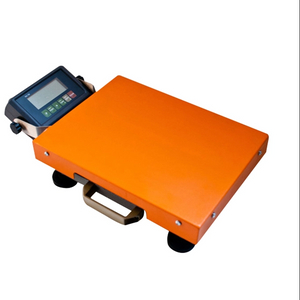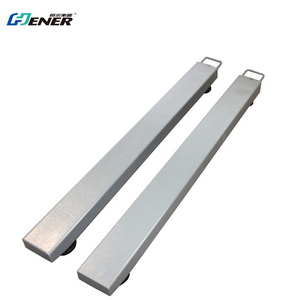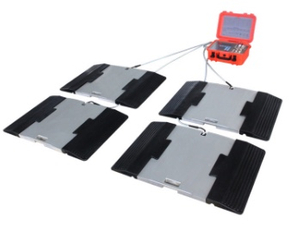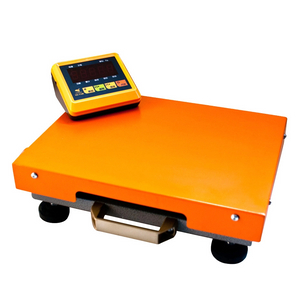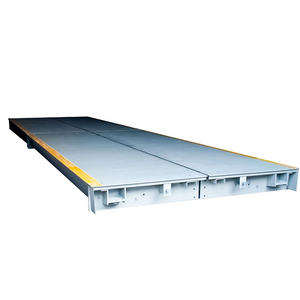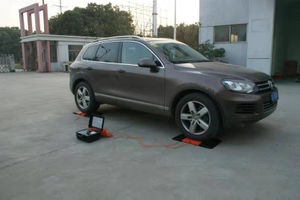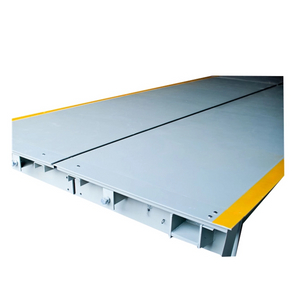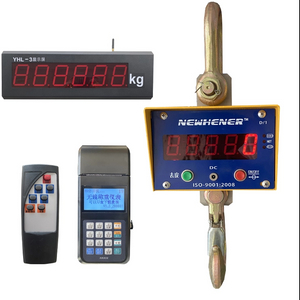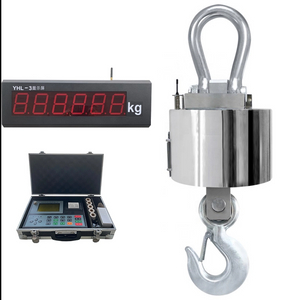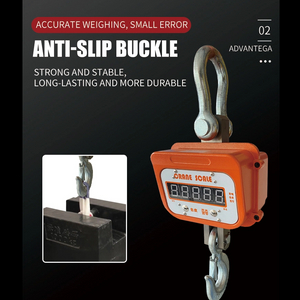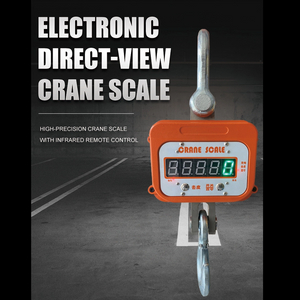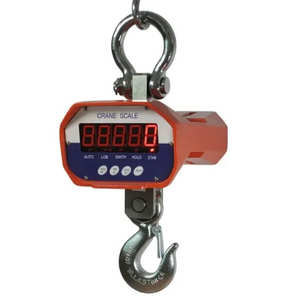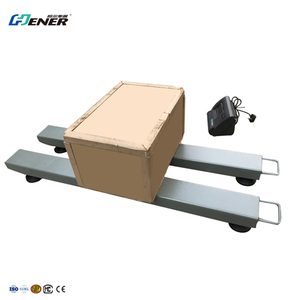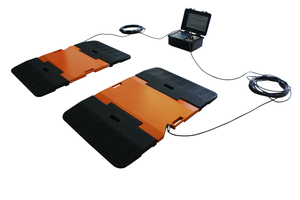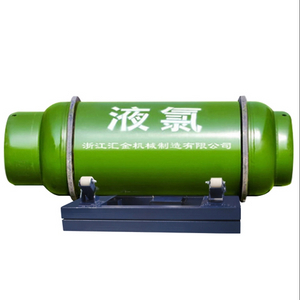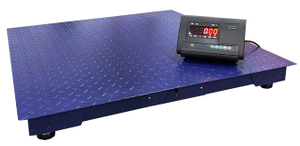Truck scales, also known as weighbridges, represent a cornerstone technology in the realm of logistics, transportation, and numerous industrial sectors. These robust weighing systems are engineered to meticulously measure the total weight of commercial vehicles along with their cargo content, playing an instrumental role that transcends mere quantification. From legal compliance and cost optimization to environmental protection and operational efficiency, truck scales are vital tools that permeate every aspect of the supply chain.

Core Functions and Applications Explored
A. Compliance and Regulatory Enforcement
At the heart of their functionality lies the critical task of enforcing legal load limits set by transportation authorities worldwide. Overloaded trucks can lead to accelerated road wear, bridge failures, and increased risk of accidents. By accurately determining vehicle weights, truck scales serve as gatekeepers for traffic safety and fair trade practices. They enable law enforcement to levy fines or penalties on violators, thereby maintaining a level playing field and ensuring adherence to regulations.
B. Financial Management and Cost Control
In industries like mining, construction, agriculture, and manufacturing, precise measurement is pivotal for accurate billing. Truck scales facilitate transparent transactions based on actual product weight, eliminating disputes and preventing financial losses from miscalculations. Moreover, they help manage inventory levels, optimize loading patterns, and track production output, all of which contribute to better resource allocation and overall cost reduction.
C. Operational Efficiency and Productivity
Regular use of truck scales enables fleet managers to fine-tune payloads, enhancing fuel economy and reducing operating expenses. By minimizing underloading or overloading, these scales promote efficient use of resources and can lead to fewer trips, less congestion, and improved productivity. Advanced software integrations allow real-time monitoring and data analysis, empowering decision-makers to identify trends, forecast demand, and streamline operations further.
D. Workplace Safety and Asset Protection
Beyond regulatory requirements, truck scales ensure that vehicles are loaded safely and within structural limits, preventing potential accidents due to instability or mechanical stress. They can detect uneven distribution of loads, alerting operators to correct imbalances before dispatch. Additionally, regular weighing schedules help in early detection of mechanical issues, prolonging equipment lifespan and protecting against costly breakdowns.
E. Environmental Stewardship
By controlling excessive loads, truck scales indirectly contribute to environmental conservation. They prevent soil compaction, erosion, and damage to roads and bridges, which are all consequences of overweight vehicles. Furthermore, in waste management, scales assist in adhering to disposal site capacities, thus mitigating risks associated with overloading and environmental pollution.

Technological Advancements in Truck Scale Design
The evolution of truck scale technology has led to a range of designs suited for different applications:
Pit Type Scales: Installed flush with the ground for easy access and unobstructed loading, these scales offer durability and low-maintenance operation, often integrated with automated systems for seamless weighment processes.
Above Ground/Portable Scales:
For flexible or temporary installations, above-ground scales can be placed on existing hard surfaces and relocated when necessary. Their mobility makes them ideal for remote locations, seasonal businesses, or sites undergoing expansion.
Axle Scales:
Providing versatile solutions for dynamic weighing scenarios, axle scales allow for individual axles or groups of axles to be weighed separately. This feature enables quick checks for compliance and helps in assessing load balance without requiring full vehicle weight.
In-Motion Weighing Scales:
State-of-the-art technology allows these scales to capture accurate weight measurements while vehicles are in motion, improving traffic flow and increasing throughput at busy terminals without compromising accuracy.
Digital Integration and IoT:
Modern truck scales are increasingly connected to digital platforms, providing real-time data feeds that can be integrated with ERP systems, mobile apps, or cloud-based services. This integration enables automatic recording, remote monitoring, predictive maintenance, and advanced analytics capabilities.

Truck scales have evolved from simple weight-measuring devices into multifaceted instruments that are deeply embedded in modern business operations. As technology continues to advance, so too does the role of truck scales, transforming them into indispensable tools that not only ensure compliance but also drive innovation, efficiency, and sustainability across multiple industries. The future promises even more sophisticated systems that will continue to reshape the landscape of transportation and logistics management, cementing the position of truck scales as fundamental elements of global commerce.
English
العربية
Français
Русский
Español
Português
Deutsch
italiano
Nederlands
Tiếng Việt
ไทย
Polski
Türkçe
ភាសាខ្មែរ
Bahasa Melayu
Filipino
Bahasa Indonesia
Română
Čeština
Монгол
қазақ
Српски
हिन्दी
Slovenčina
Slovenščina
Norsk
Svenska
Ελληνικά
Suomi
Հայերեն
Latine
Dansk
Shqip
Hrvatski
Afrikaans
Gaeilge
Eesti keel
Oʻzbekcha
latviešu
Azərbaycan dili
Беларуская мова
Български
ქართული
guarani
Кыргызча
Lietuvių
Македонски
Malti
Soomaali
Тоҷикӣ
Türkmençe





